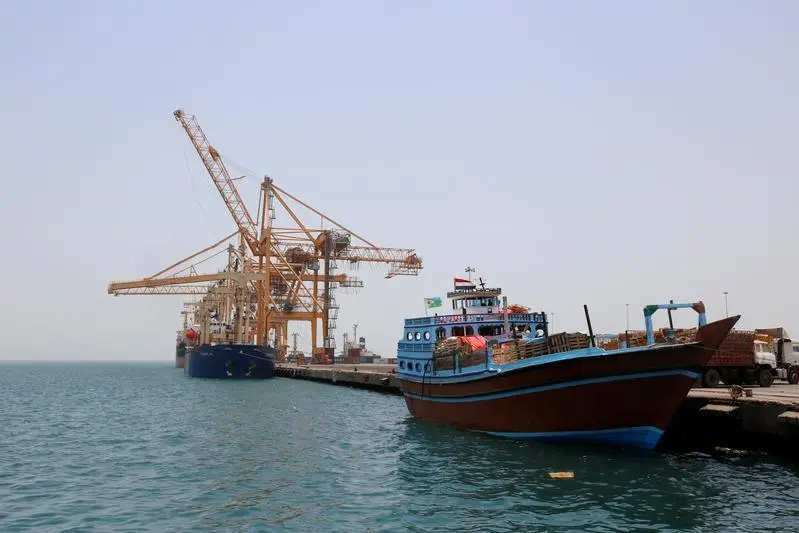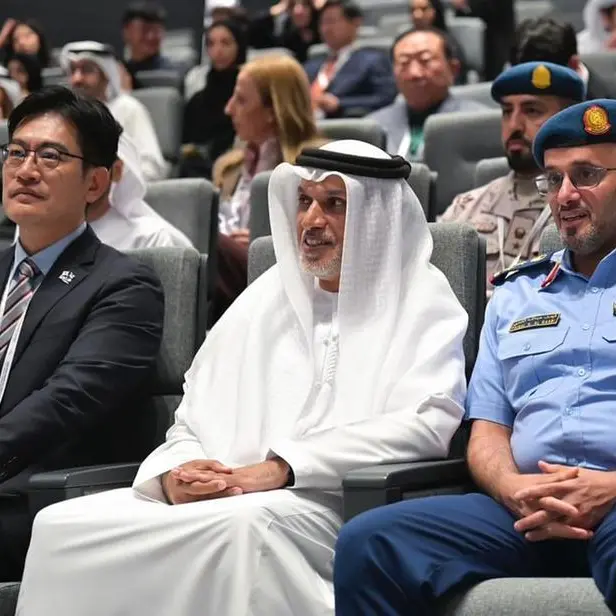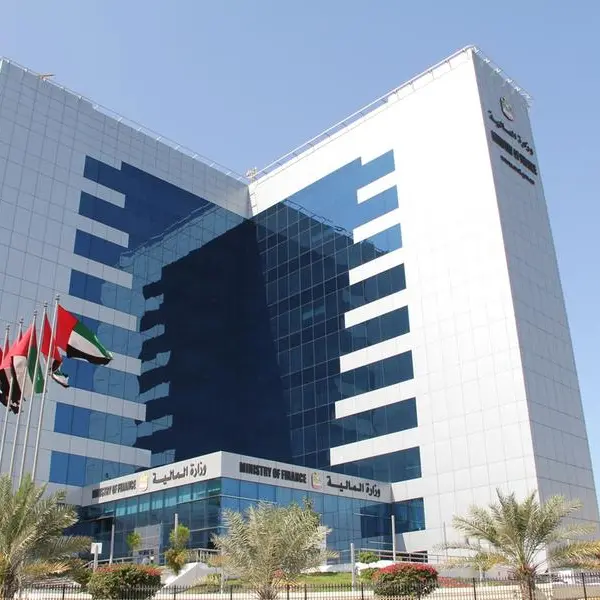PHOTO
DUBAI - The Saudi-led military coalition fighting Houthi rebels in Yemen said on Wednesday it would allow humanitarian aid access through Yemen's port of Hodeidah and United Nations flights to the capital Sanaa, more than two weeks after blockading the country.
The coalition closed air, land and sea access to the Arabian Peninsula country on Nov. 6 to stop the flow of arms to the Houthis from Iran. The action came after Saudi Arabia intercepted a missile fired toward its capital Riyadh. Iran has denied supplying the Houthis with weapons.
Soon after the closure, U.N. aid chief Mark Lowcock warned that the blockade could spark "the largest famine the world has seen for many decades with millions of victims" unless the coalition gave access to humanitarian aid.
The Saudi-led coalition said in a statement on Wednesday that from Nov. 23 the Red Sea port of Hodeidah would be reopened to receive food aid and humanitarian relief, and Sanaa airport would be open for UN flights with humanitarian relief.
"We're monitoring these developments," U.N. spokesman Farhan Haq told reporters in New York. "If that were to happen that would be a very welcome and critically important development."
"We made clear the tremendous amount of needs on the ground," Haq said.
Earlier this month the coalition said it would allow aid deliveries through the government-held port of Aden. However, around 80 percent of Yemen's food imports arrive through Hodeidah.
The United Nations has said some seven million people in Yemen are on the brink of famine and nearly 900,000 have been infected with cholera, a waterborne disease that causes acute diarrhea and dehydration.
Aid groups said there also needed to be commercial access to Yemen for food and fuel shipments.
"Humanitarian aid alone cannot meet the needs of Yemenis who are unjustly bearing the brunt of this war," Paolo Cernuschi, Yemen country director at the International Rescue Committee, said in a statement.
Jan Egeland, secretary general of the Norwegian Refugee Council and a former U.N. aid chief, posted on Twitter, "We need all ports to open and access for commercial food and supplies to large civilian population. Humanitarian aid alone cannot avert hunger."
The International Committee of the Red Cross (ICRC) said on Wednesday that it had evacuated from Sanaa five staff members in need of urgent medical assistance.
The Saudi-led coalition has been targeting the Houthis since they seized parts of Yemen in 2015, including the capital Sanaa, forcing President Abd-Rabbu Mansour Hadi to flee.
The Houthis, drawn mainly from Yemen's Zaidi Shi'ite minority and allied with long-serving former president Ali Abdullah Saleh, control much of the country.
(Reporting By Ali Abdelaty, Michelle Nichols and Stephanie Nebehay; Writing by Aziz El Yaakoubi and Michelle Nichols) ((aziz.elyaakoubi@thomsonreuters.com; +971552994086)(;))





















